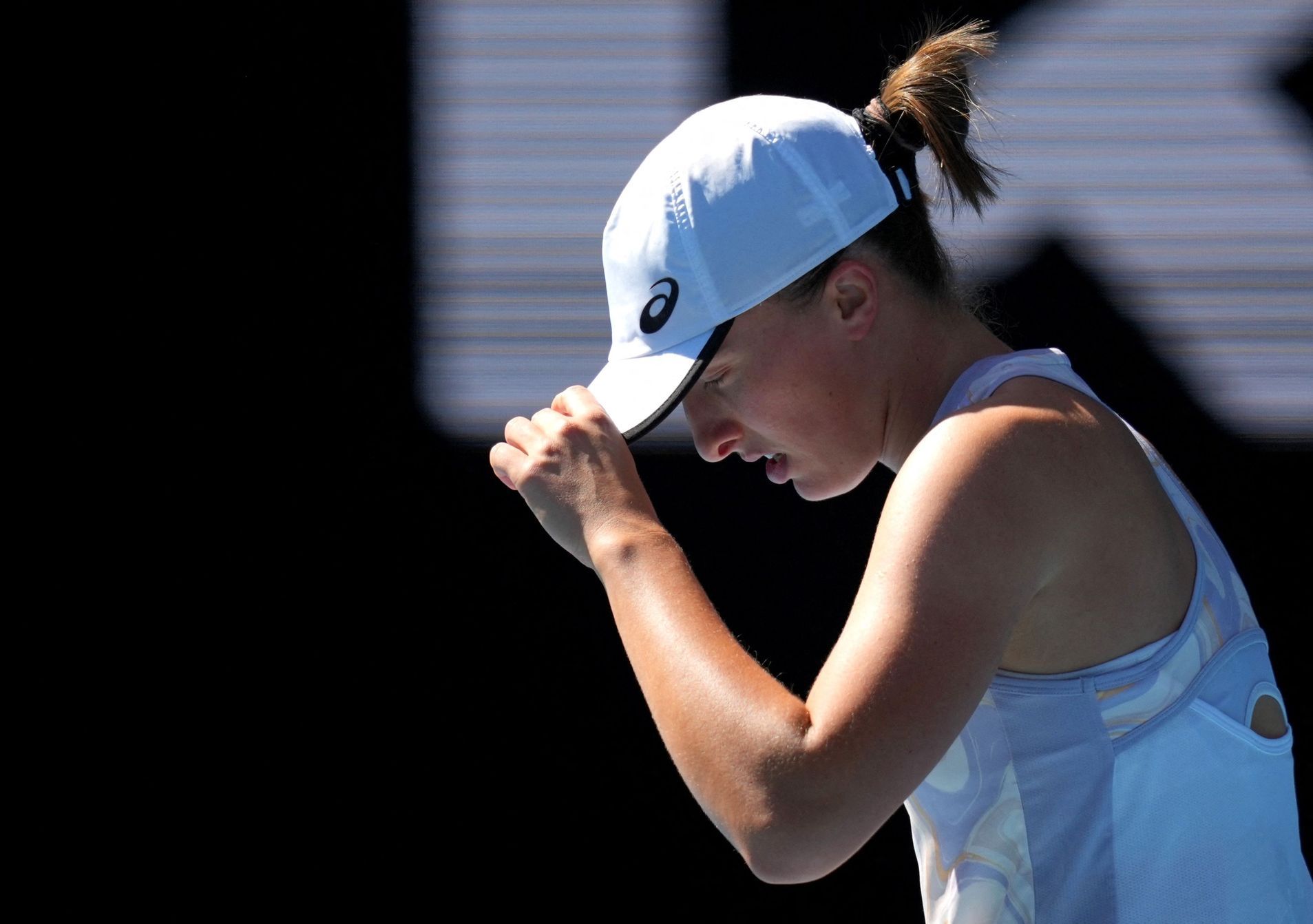He is the undisputed number one. Poland’s Iga Šwiateková already has three Grand Slam titles and he is only 21 years old. However, a few seasons ago, things were different. In her room, she dreams of how she can talk to people and get rid of the introvert in her.
He’s no ordinary kid. He does sports because he enjoys them. The Warsaw native never dreamed of becoming a world star and ascending to the tennis throne.
“It was different for me. I dreamed all night that one day I would feel comfortable in society. Talking to people was a real challenge for me, until I was about 18 years old, I could only look someone in the eye with difficulty, ” he admitted in confession open Šwiateková for the Players Tribune.
At the same time, he excelled on the court. He has a strong sporting foundation from his father, who was an Olympic rower. He guided him to professionalism on and off the pitch. But he has had a gap in social interaction for a long time and, paradoxically, it may be his father who succeeds.
“When I was ten years old, I used to be pulled somewhere onto the court, to the team to play football, to run around with other people. But he was always yelling at me to go to tennis practice. He meant it, he believed that I would do it. .” make it somewhere” father to crime.
Because of his focus on individual sports, he has difficulty holding conversations with strangers or in companies where there are more people.
“When I’m in a situation like that, my head just goes blank. Usually I just speak one word,” recalls the three-time Grand Slam champion.
At the same time, he was already successful on the court at a junior age. She dominated the women’s singles at Wimbledon and doubles at the French Open, but she lacked much confidence.
“That’s because I’m Polish, being an American, I believe in myself more since I was young. But in Poland, not many tennis players have made it this far, the sport in this country doesn’t have such support, there’s a lack of money. The only exception is Agnieszka Radwaňská,” explains Šwiateková.
But when she won the French Open for the first time, she thought it was a mistake, that it was a fluke. As she added another trophy in Paris and also dominated the US Open, she finally believed that something special was sleeping within her.
“I saw that it wasn’t just about clay, I could win something big even on hard surfaces. I finally started to live a little bit inside myself,” he explains.
She consolidated her position as world number one and understood that if she was brave and unafraid to be in public, she could use her fame to serve a good cause.
“I want to talk about the problems in Poland, I want to make people proud of our country. I want to open up the topic of mental health to let people know that going to therapy is not a bad thing,” she added.
Last year, Šwiateková donated his prize money from the final participation in the tournament in Ostrava to a Polish non-profit dedicated to the topic of mental health.

“Certified bacon geek. Evil social media fanatic. Music practitioner. Communicator.”







